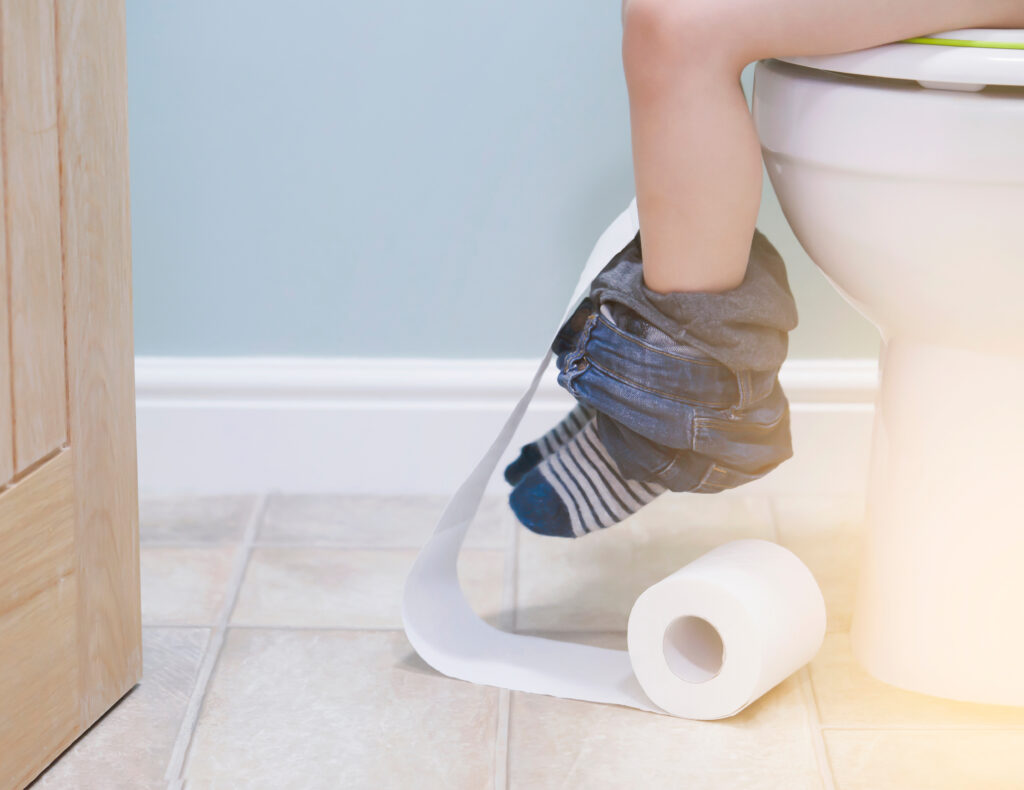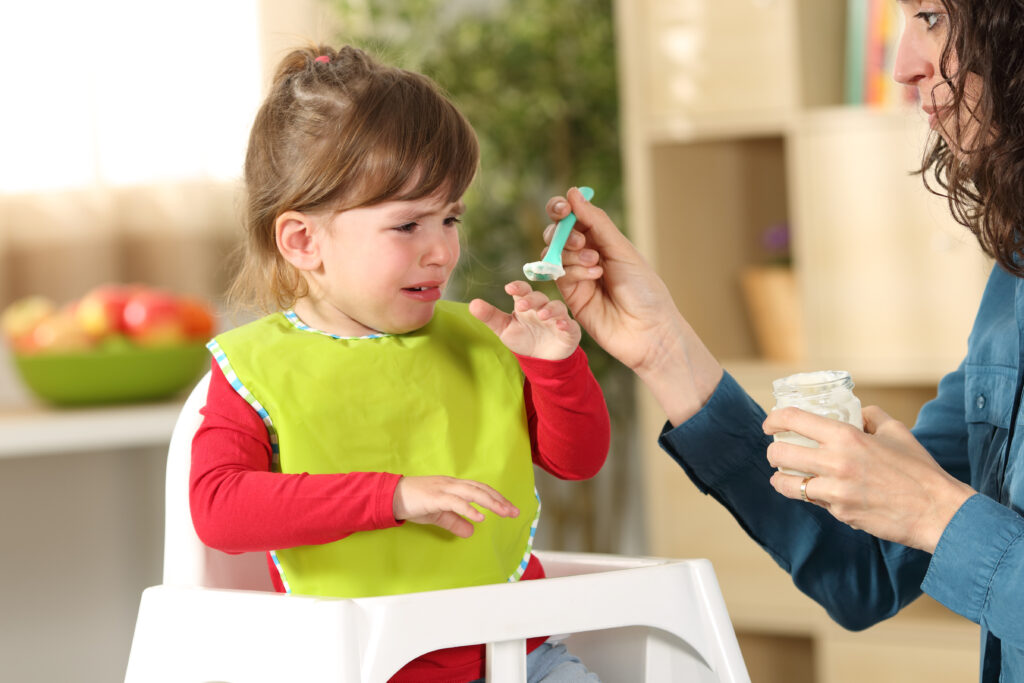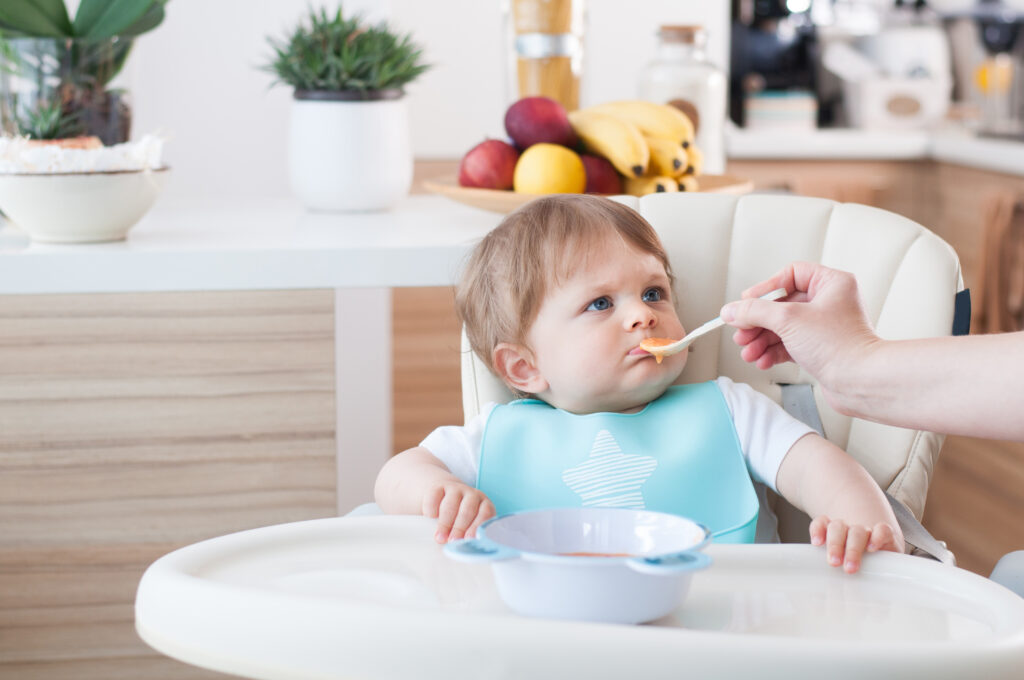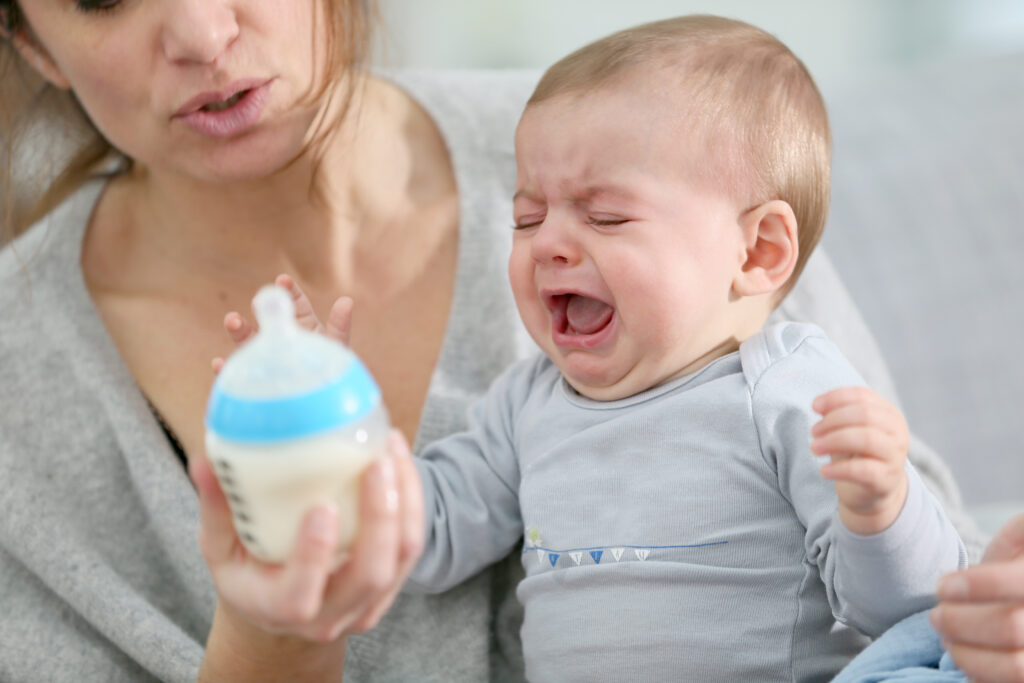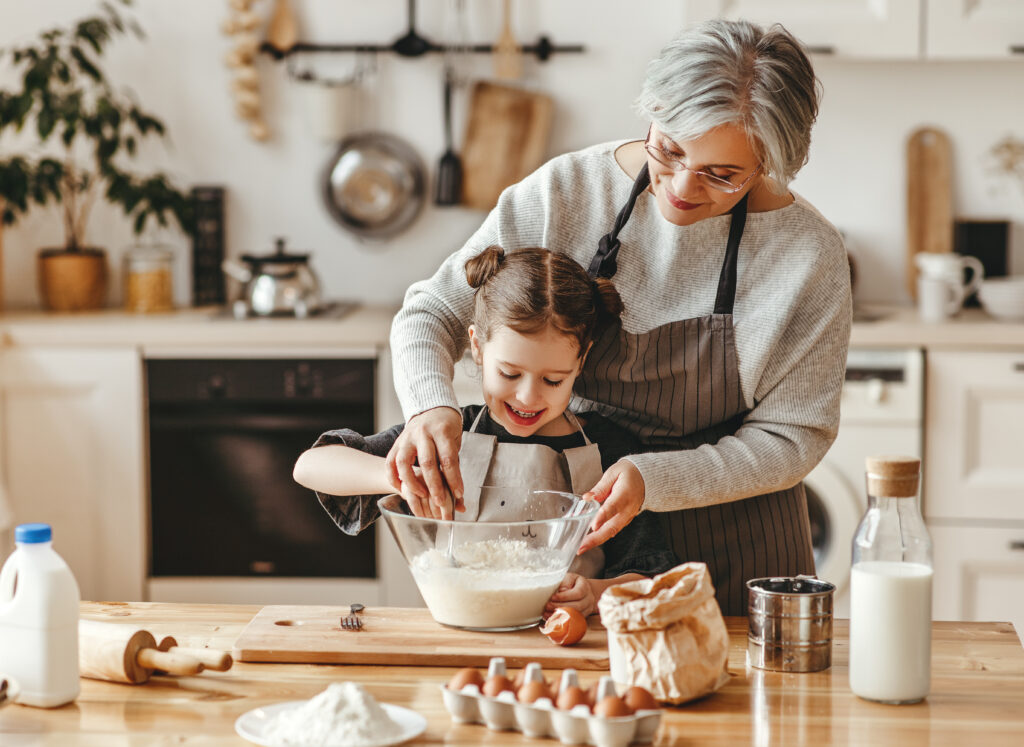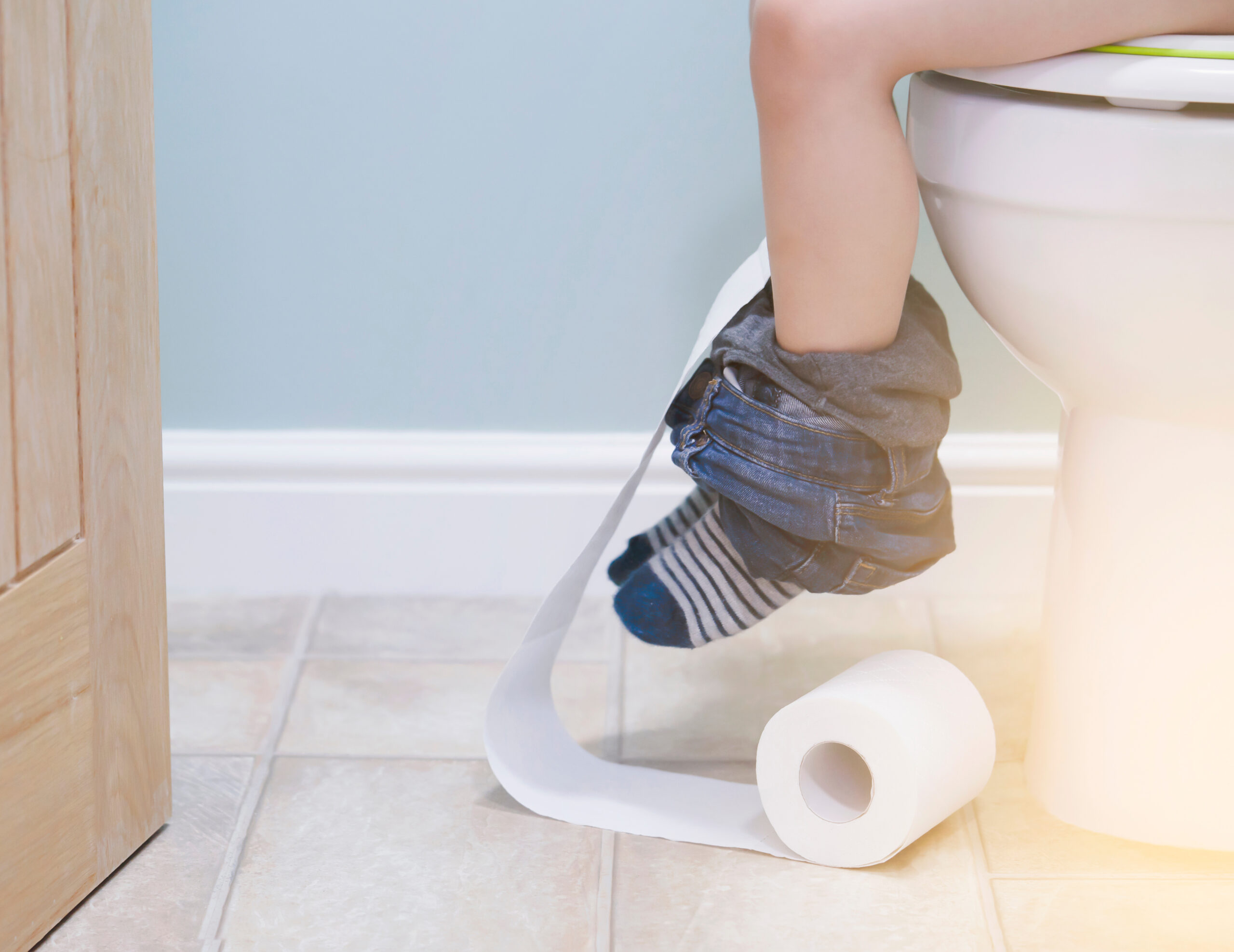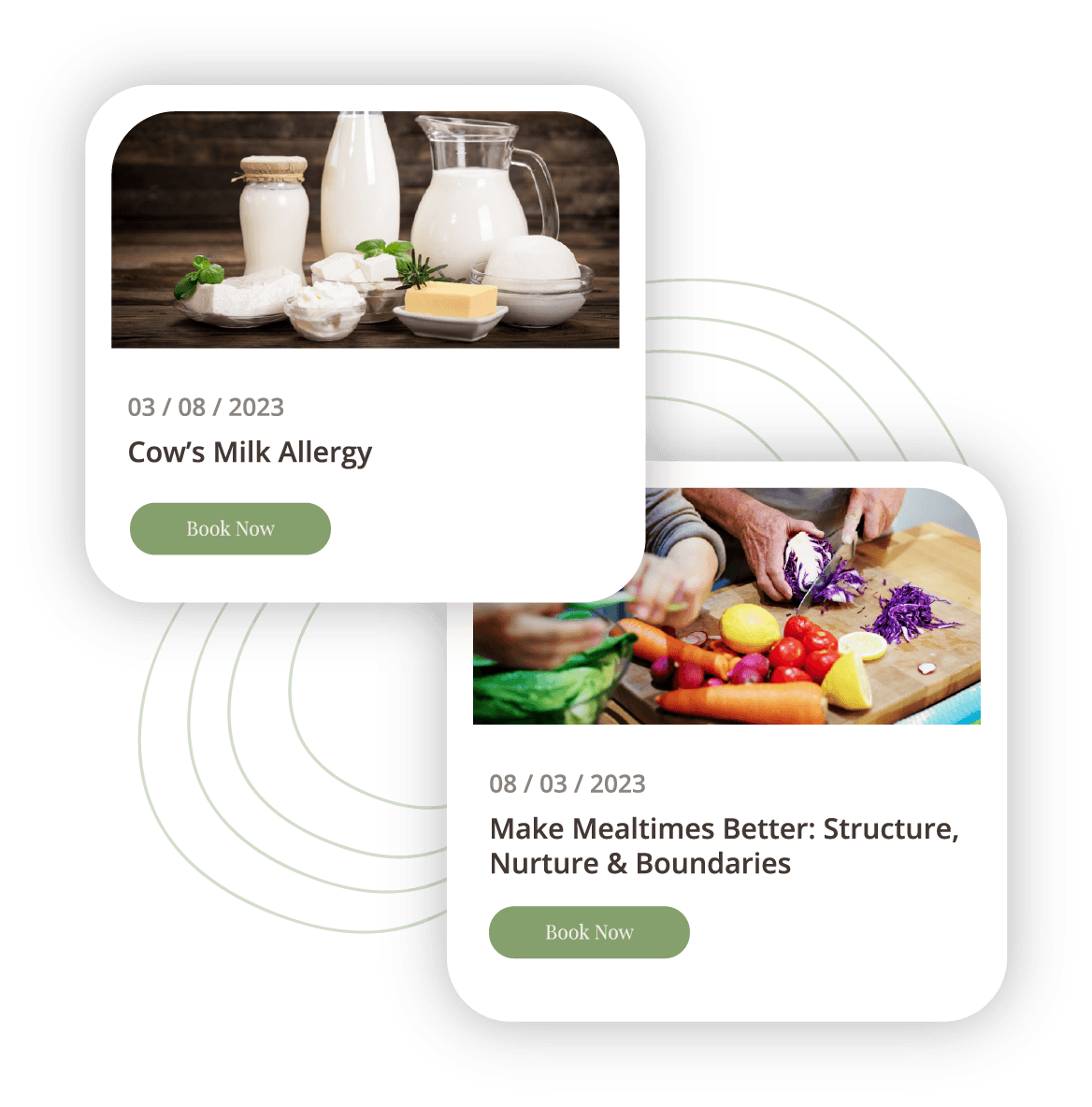IBS is a collection of symptoms rather than a condition, and with no diagnostic test available. A diagnosis is made if there is a 3 month or longer history of abdominal pain, with pain around toileting plus either constipation or loose stools. Dietary treatments for IBS are very effective for many people, and the FODMAP diet has been used successfully in adults. However, it is not evidenced for children or teenagers, and the diet itself is restrictive, difficult to follow, and may cause additional stress or indeed nutritional deficiencies for young people. Other mindful treatments, are equally successful as dietary treatment and include breath work, meditation, mindful eating, yoga and talking therapy AKA lifestyle advice.
Carine’s approach to treating IBS in young people is a holistic one, including food, nutrition, diet diversity, lifestyle and supporting behaviour-change. Learning how to self-regulate and manage symptoms with awareness and diet. Dietary treatment may include single exclusions or modifications, and seeks to improve the quality of the diet, build and support the gut microbiota. A 12-week yoga programme, with breath work offers an evidence-based alternative to dietary treatment; I offer integration of the two.


